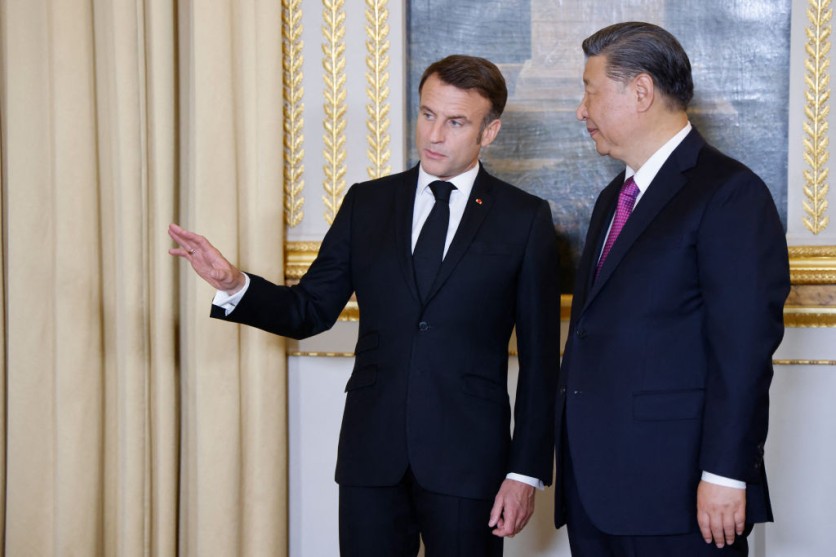China and France have reached a major consensus on the regulation of artificial intelligence (AI), signalling an unprecedented collaborative effort to address the challenges posed by the rapidly advancing technology.
During Chinese President Xi Jinping's state visit to France, both nations pledged to address the potential risks associated with AI while promoting its development for the common good.

France and China Reach Agreement on AI Regulation Policy
The consensus, as reported by Chinese state media, highlights the importance of strengthening the global governance of AI. Both countries acknowledge AI's pivotal role in development and innovation, but they also recognize the need to mitigate risks and ensure appropriate regulation.
This agreement reflects a shared understanding of the global nature of AI challenges and the necessity of international cooperation to address them effectively.
Key elements of the consensus include a commitment to promoting safe, secure, and reliable AI systems. China and France stress the principle of AI for the common good, highlighting the importance of comprehensive and inclusive dialogue in AI governance.
According to French news outlets, Xi and Macron reached ten agreements on the use of AI, "which must serve public interests" and whose advancement "must respect the purposes and principles of the United Nations Charter."
Furthermore, the joint statement emphasizes the importance of protecting personal data and users' rights in the context of AI development and use. This commitment to safeguarding privacy and user rights aligns with broader efforts to ensure responsible AI deployment and mitigate potential risks to individuals and societies.
Read also: Meet MAI-1: Microsoft Is Developing New AI Model to Challenge Google and OpenAI, Report Says
China's Stance on AI Regulation
As detailed in MIT Technology Review, China's evolving approach to AI regulation further complements this consensus. The country is in the process of drafting a comprehensive AI law addressing regulatory challenges associated with AI development.
Measures such as the introduction of a "Negative List" and efforts to develop mechanisms for third-party evaluation of AI models show China's proactive stance in ensuring compliance with regulations and safeguarding against potential risks.
Despite initial woes, France has endorsed legislation aimed at balancing AI regulation with ethical and safety considerations. Le Monde reported that the French government initially faced challenges in accepting the AI Act, as it sought to protect its own AI start-ups while ensuring a balance between innovation and safety.
Despite efforts to secure additional concessions, particularly regarding the regulation of "base models," France ultimately accepted the compromise reached by negotiators.
Stay posted here at Tech Times.

ⓒ 2026 TECHTIMES.com All rights reserved. Do not reproduce without permission.




